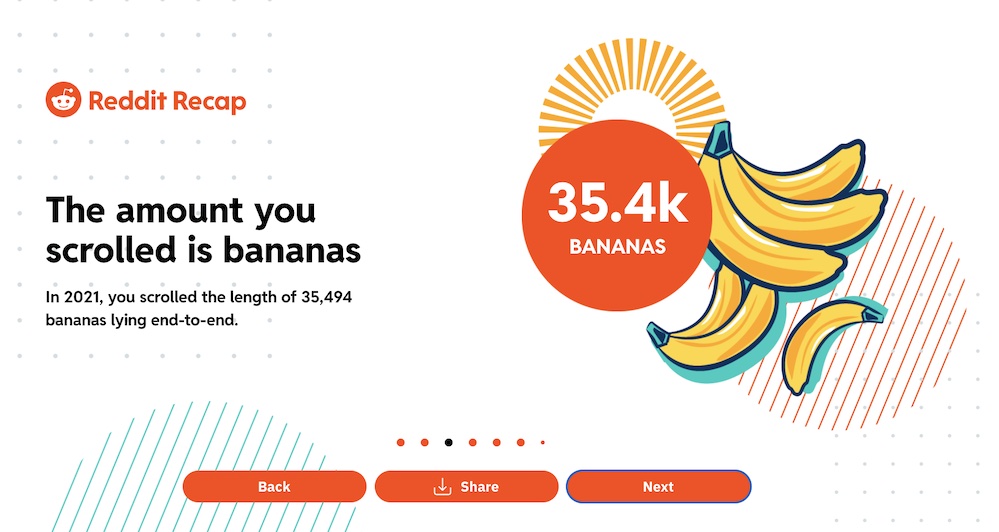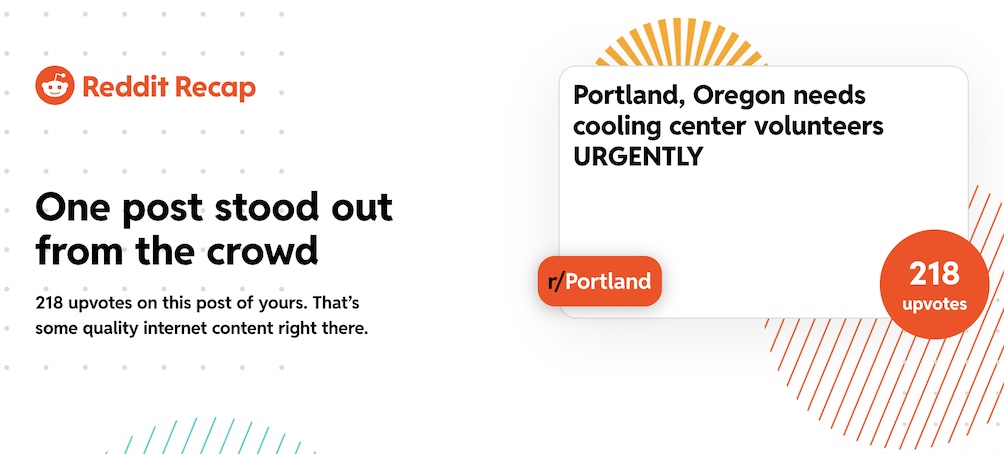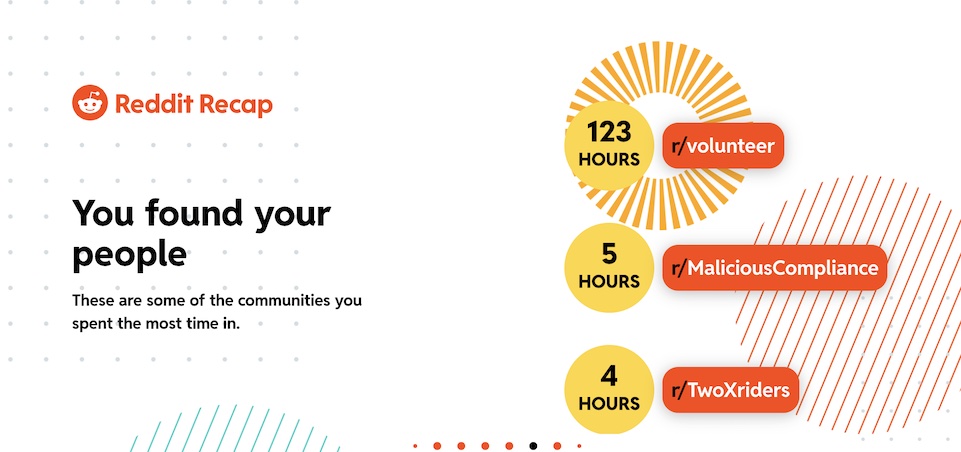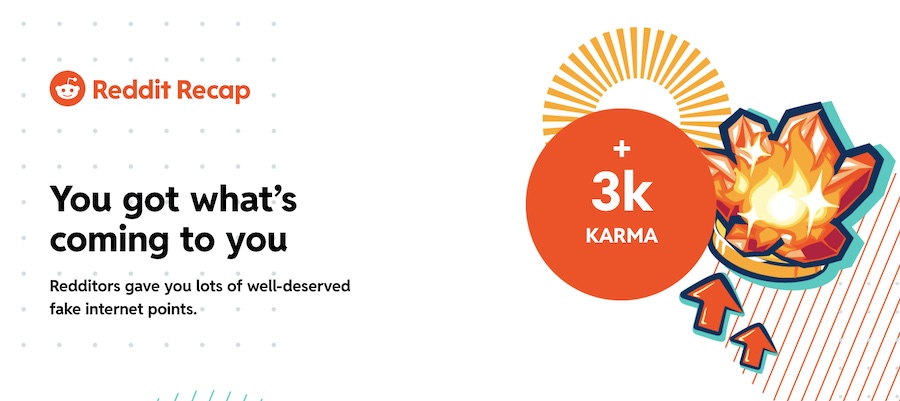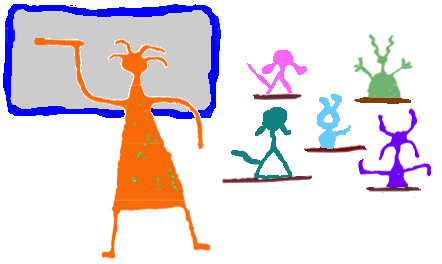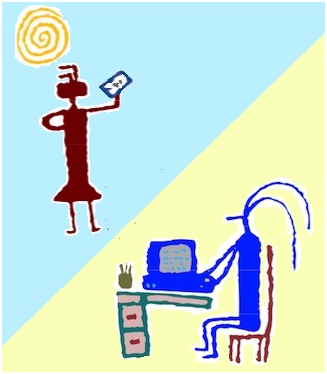ACAPS is a nonprofit, nongovernmental project founded in 2009 with the aim of conducting independent, groundbreaking humanitarian analysis to help humanitarian workers, influencers, fundraisers and donors make better-informed decisions. ACAPS is not affiliated with the UN or any other organisation, allowing it to be a more neutral, critical voice regarding such initiative. ACAPS is overseen by a consortium of three NGOs: the Norwegian Refugee Council, Save the Children and Mercy Corps.
ACAPS published a report in May 2022, Life goes on in Yemen: Conversations with Yemeni families as the war nears its eighth year, that illustrates why humanitarian response cannot be just about providing water, food and shelter, and why it’s a mistake for charities to limit their communications with donors to only these needs. Water food and shelter are often called “basic needs”, but the reality is that social interactions, cultural practices and trust in the strength and work of institutions are all a part of basic human needs as well. The report is about Yemen, but it applies to every country.
This image is, to me, oh-so-powerful – and applies to every community, not just Yemen:
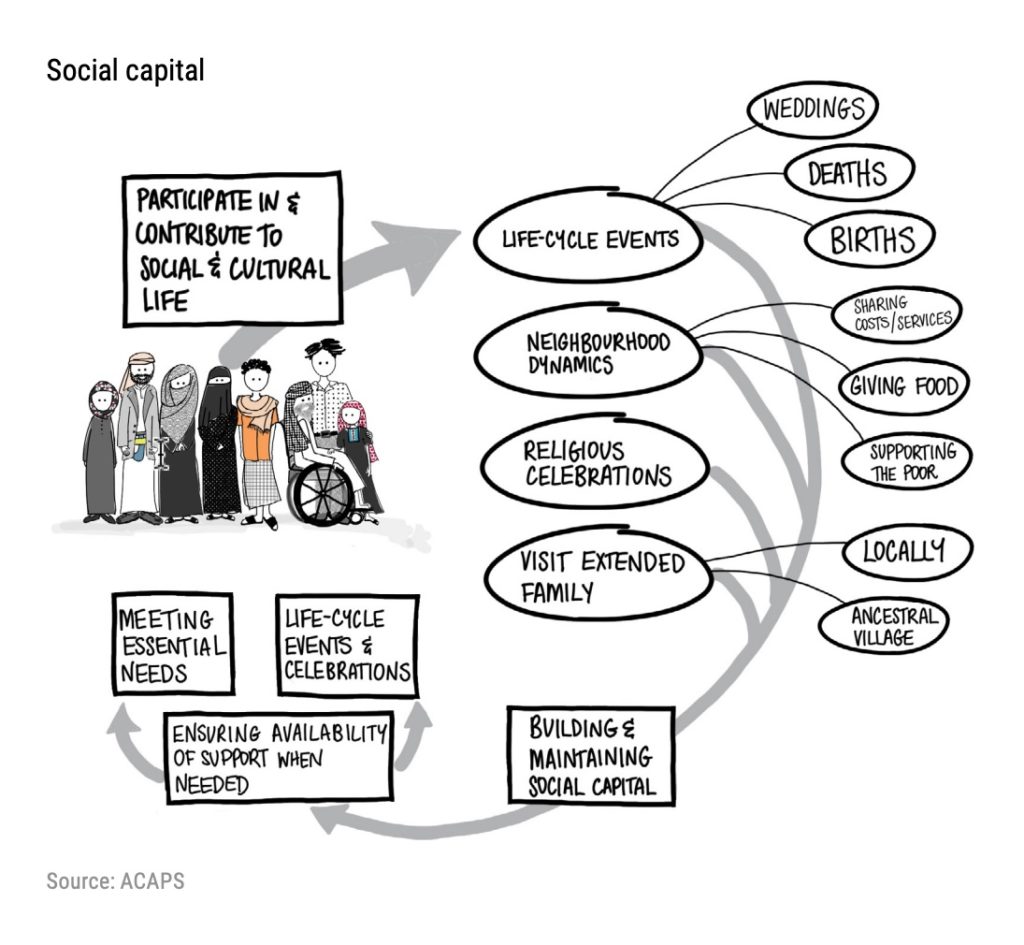
This excerpt from the report is a good summary of what the image and the entire report is trying to say:
This research serves as a reminder that Yemenis are interested in more than just the satisfaction of their essential needs (such as water, food, and shelter). It highlights the diversity of households and the creative ways people adapt to economic challenges and accommodate long term strategic needs. Yemenis continue to participate in life-cycle events, celebrations, and social obligations. Having a social life maintains and creates networks and connections that build social capital, enhance the quality of life, and form the support network people can rely on when they most need it. Understanding the key role social capital plays in Yemeni life highlights that social capital is something built, maintained, stored, and used in a continuous cycle. Connections are important, but social capital is the glue that keeps these connections alive. When Yemenis keep celebrations modest by inviting fewer guests or keeping events shorter, they build less social capital. Similarly, they lose social capital when they hold fewer gatherings or visit extended family in their ancestral villages less.
So many people want to volunteer and/or donate financially to help people experiencing extreme poverty caused by social injustice, historic oppression and inequities and armed conflict. That should continue to be encouraged and cultivated – but people also need to understand that community development is every bit as important as charity and the provision of water, food and shelter.
Shout out to the Aidnography blog for bringing this to my attention.
Also see:
Decolonizing International Aid (including international volunteering).
humanitarian stories & photos – use with caution.
Extreme poverty is not beautiful.
Advice for teaching children compassion & understanding instead of pity with regard to poverty.


